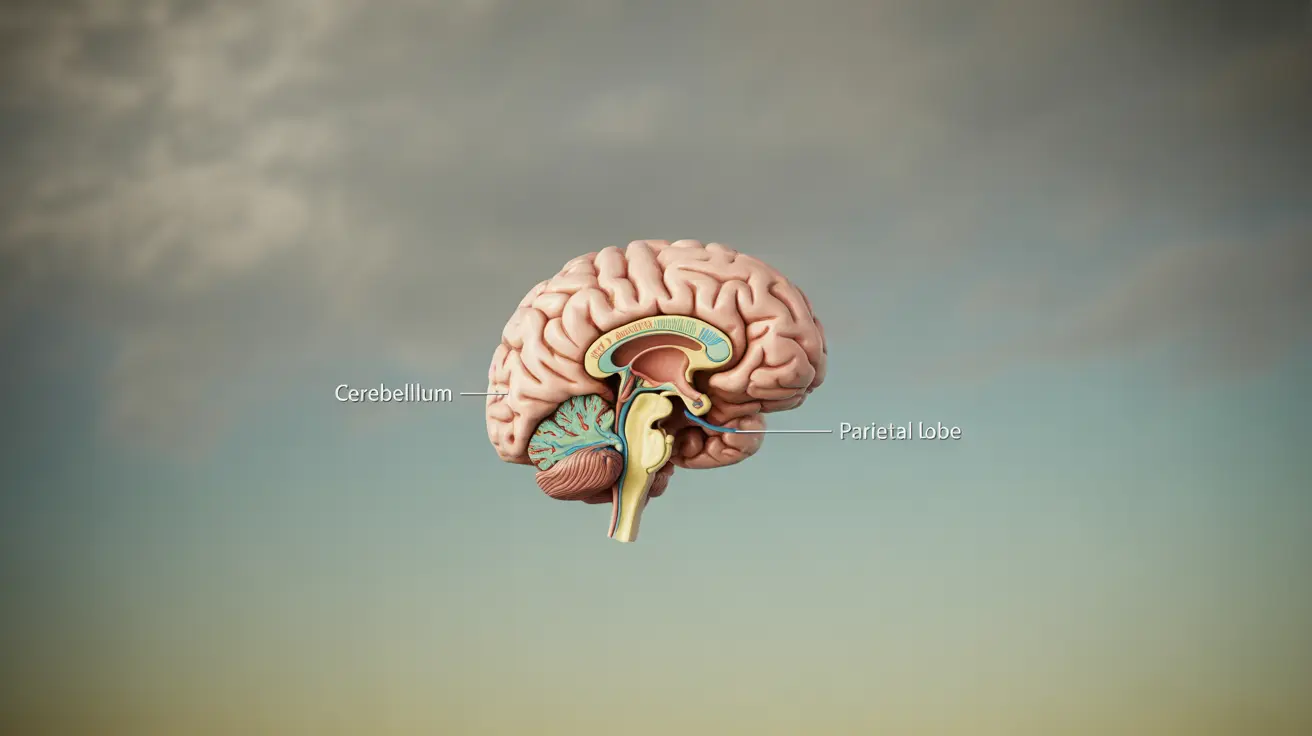Chronic subjective dizziness (CSD) is a persistent sensation of unsteadiness and dizziness that significantly impacts daily life. Unlike other balance disorders, CSD isn't characterized by spinning sensations but rather by constant feelings of lightheadedness, unsteadiness, and sensitivity to motion. Understanding this condition is crucial for both diagnosis and effective management.
This comprehensive guide explores the key aspects of chronic subjective dizziness, including its symptoms, diagnosis, and treatment options, helping you better understand this challenging condition.
Understanding the Nature of Chronic Subjective Dizziness
Chronic subjective dizziness is a complex neurological condition that affects the brain's ability to process balance and spatial information correctly. Unlike traditional vertigo, CSD creates a persistent sensation of unsteadiness without actual spinning sensations. The condition often develops following a triggering event, such as an initial bout of vertigo or a period of acute emotional stress.
Key Symptoms and Triggers
The symptoms of chronic subjective dizziness can vary in intensity but typically include:
- Persistent feelings of lightheadedness or floating
- Heightened sensitivity to motion
- Difficulty maintaining balance in busy environments
- Increased symptoms in visually complex settings
- Worsening symptoms during periods of stress
Common triggers that can exacerbate symptoms include:
- Crowded or visually busy environments
- Quick head movements
- Scrolling on electronic devices
- Fluorescent lighting
- Complex patterns or movements
Diagnostic Process and Challenges
Diagnosing chronic subjective dizziness requires a comprehensive evaluation process. Healthcare providers typically focus on:
- Detailed medical history review
- Physical examination
- Balance testing
- Vestibular function assessment
- Ruling out other potential causes of dizziness
The diagnosis often involves excluding other conditions through various tests and assessments, as CSD doesn't show up on standard diagnostic tests.
Treatment Approaches and Management Strategies
Medical Interventions
Several treatment options can help manage chronic subjective dizziness:
- Selective serotonin reuptake inhibitors (SSRIs)
- Other antidepressant medications
- Anti-anxiety medications when appropriate
- Vestibular suppressant medications for acute symptoms
Therapeutic Approaches
Non-medication treatments play a crucial role in managing CSD:
- Vestibular rehabilitation therapy
- Cognitive behavioral therapy
- Balance training exercises
- Relaxation techniques
- Lifestyle modifications
The Role of Mental Health
Anxiety and depression often intertwine with chronic subjective dizziness, creating a complex relationship that can affect both condition management and recovery. Understanding and addressing these mental health aspects is crucial for effective treatment.
Lifestyle Management and Coping Strategies
Successfully managing CSD often requires implementing various lifestyle changes:
- Maintaining regular sleep patterns
- Practicing stress management techniques
- Avoiding known triggers when possible
- Establishing a consistent exercise routine
- Creating a supportive environment at home and work
Frequently Asked Questions
What are the common symptoms and triggers of chronic subjective dizziness? Common symptoms include persistent feelings of unsteadiness, sensitivity to motion, and difficulty in visually complex environments. Triggers often include crowded spaces, quick movements, and visual stimulation from electronic devices or complex patterns.
How is chronic subjective dizziness diagnosed and differentiated from other balance disorders? Diagnosis involves a comprehensive evaluation including medical history review, physical examination, and various balance tests. CSD is often diagnosed by excluding other conditions, as it doesn't show specific markers on standard diagnostic tests.
What treatment options are available for managing chronic subjective dizziness? Treatment options include medications like SSRIs, vestibular rehabilitation therapy, cognitive behavioral therapy, and lifestyle modifications. A combination approach often yields the best results.
How do anxiety and depression affect chronic subjective dizziness? Anxiety and depression can both trigger and worsen CSD symptoms, creating a cycle that needs to be addressed for effective treatment. Mental health management is often crucial for successful CSD treatment.
Can vestibular rehabilitation therapy and cognitive behavioral therapy help improve chronic subjective dizziness symptoms? Yes, both therapies can be highly effective. Vestibular rehabilitation helps retrain balance systems, while cognitive behavioral therapy helps manage anxiety and develop coping strategies for dealing with symptoms.




